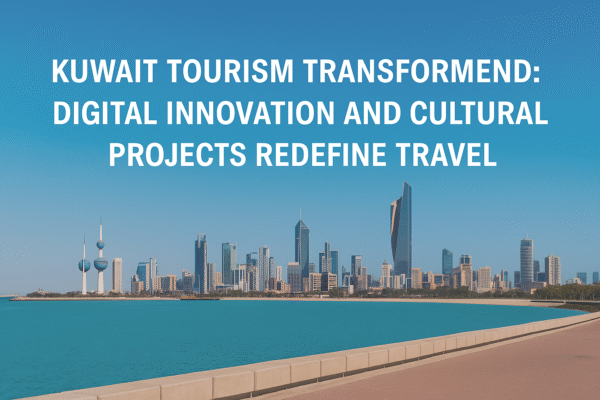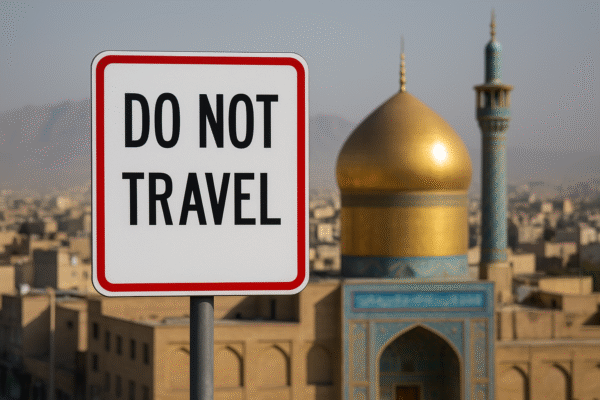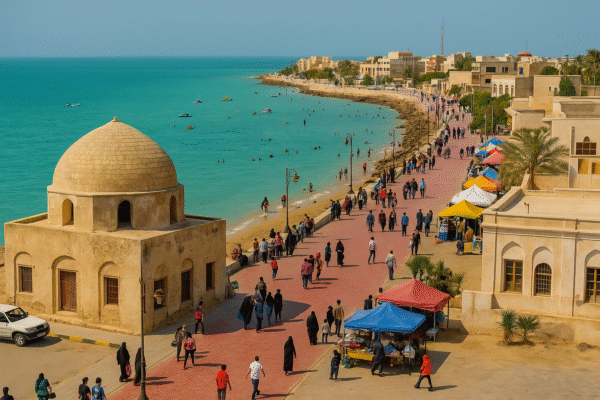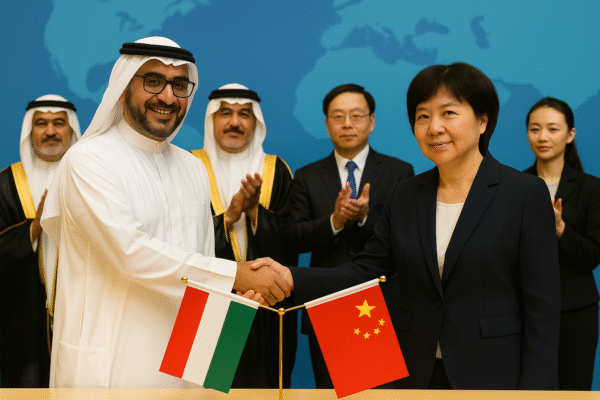Yinchuan, China — China is charting a new course in international tourism and cultural collaboration after hosting the groundbreaking Yinchuan Summit, a pivotal event that brought together leaders and tourism stakeholders from across the Arab world. The summit marked a major step in strengthening partnerships between China and Arab nations, opening doors for expanded travel opportunities, deeper cultural exchanges, and enhanced economic cooperation.
A Historic Gathering in Yinchuan
Held in the vibrant capital of the Ningxia Hui Autonomous Region, the inaugural Yinchuan Summit formed part of the 7th China-Arab States Expo. The event welcomed over 300 delegates from 28 countries and regions, including high-profile representatives from Jordan, Qatar, Saudi Arabia, the United Arab Emirates, and other Arab nations.
Participants included diplomats, tourism officials, travel agencies, and cultural experts, all united by a common goal: to unlock the potential of stronger tourism and cultural connections between China and Arab countries.
The China-Arab States Tour Operators Matchmaking and Exchange Meeting, one of the key highlights of the summit, provided a dynamic platform for discussions on expanding travel links, easing visa processes, and creating joint marketing campaigns designed to boost two-way tourism.
Driving Cultural and Economic Collaboration
China and Arab nations share a rich history of cultural exchange, and the summit emphasized tourism as a bridge to deepen these bonds in the modern era. Tourism, leaders noted, is more than leisure; it is a powerful diplomatic tool that fosters understanding, builds trust, and strengthens long-term partnerships.
Delegates identified strategic priorities to support mutual growth, including:
- Expanding direct travel routes between major Chinese cities and Arab hubs.
- Streamlining visa processes to make travel easier and more accessible.
- Promoting joint marketing initiatives to highlight cultural attractions, heritage destinations, and unique experiences in both regions.
By focusing on these areas, both sides aim to create seamless travel experiences while supporting economic development and cultural appreciation.
Ningxia’s Strategic Role in Belt and Road Tourism
Ningxia, located in northwest China, played a central role in the discussions. As a key region in China’s Belt and Road Initiative (BRI), Ningxia is positioning itself as a gateway for tourism, trade, and cultural partnerships between China and Arab nations.
Known for its diverse cultural heritage, including a rich Islamic influence, Ningxia offers unique attractions for travelers from the Middle East and North Africa. From its historical landmarks to its breathtaking natural landscapes, the region is developing into a destination of choice for those seeking authentic cultural experiences.
Local officials outlined ambitious plans to upgrade tourism infrastructure, expand transportation networks, and promote Ningxia as a hub for cultural and eco-tourism. These developments are expected to enhance the region’s role as a bridge for cultural and economic cooperation.
New Opportunities for Tourism Development
The Yinchuan Summit underscored the importance of innovation and diversification in the tourism sector. Beyond traditional sightseeing, China and Arab nations are exploring new tourism segments to meet changing traveler preferences. These include:
- Eco-tourism and nature exploration, appealing to environmentally conscious travelers.
- Wellness and medical tourism, offering health-focused retreats and services.
- Adventure tourism, featuring activities such as desert safaris, mountain expeditions, and cultural immersion experiences.
- Business and academic travel, capitalizing on expanding trade and educational partnerships.
These initiatives not only diversify tourism options but also create opportunities for sustainable and inclusive growth in the industry.
Partnerships and Innovation
Throughout the summit, participants discussed collaborative strategies for joint marketing campaigns, cross-border investment, and cultural exchange programs. These efforts are designed to attract a wider range of visitors and foster deeper connections between the people of China and Arab countries.
Airlines and travel agencies expressed interest in developing direct routes and tailored travel packages to make travel more convenient and affordable. Technology-driven solutions, such as digital platforms for booking and cultural experience sharing, were also highlighted as tools to modernize the travel experience.
Tourism as a Bridge for Cultural Understanding
Speakers emphasized that tourism is not just about economic gain but also about fostering mutual respect and understanding between diverse cultures. As more travelers from China and Arab nations visit each other’s countries, opportunities for cultural immersion, language exchange, and educational collaboration will continue to grow.
Programs highlighting the art, cuisine, history, and traditions of each region are expected to play a pivotal role in deepening people-to-people connections and promoting a shared sense of global community.
A Shared Vision for Growth
The optimism at the summit was palpable. Both China and Arab nations view this collaboration as a long-term partnership that will yield benefits across tourism, trade, and cultural sectors. With travel demand steadily rising in both regions, the time is ripe for expanding routes, refining visitor services, and leveraging technology to improve the overall travel experience.
Local and regional leaders agreed that sustained investment and innovation are key to ensuring that tourism growth remains inclusive and environmentally responsible.
Looking Ahead
As the discussions wrapped up, delegates expressed confidence that the relationships forged at the Yinchuan Summit would translate into concrete actions in the coming months. Initiatives such as new travel routes, streamlined visa services, and targeted cultural programs are expected to take shape, setting the stage for a dynamic new era of collaboration.
With China and Arab nations committed to building stronger ties, tourism is set to become a cornerstone of their relationship — fostering deeper cultural understanding, driving economic growth, and creating lasting connections between communities.
For more travel news like this, keep reading Global Travel Wire

















